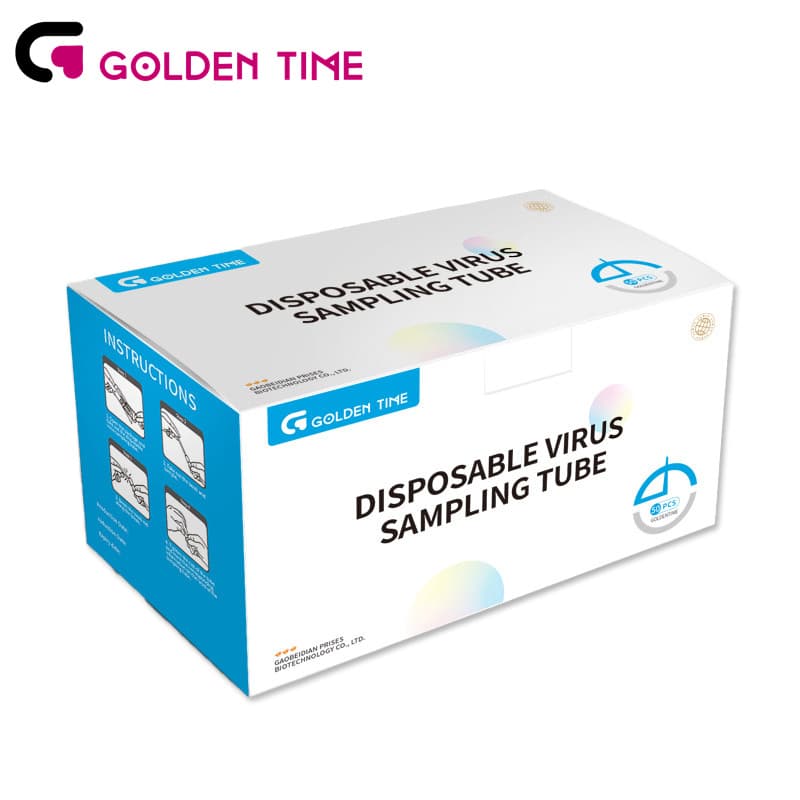
Aug . 13, 2024 16:36 Back to list
Suppliers Offering Reliable Fecal Occult Blood Tests for Accurate Health Diagnostics
The Importance of Occult Blood Fecal Tests and Reliable Suppliers
Occult blood fecal tests, commonly known as fecal occult blood tests (FOBT), play a pivotal role in the early detection of colorectal cancer and several gastrointestinal disorders. These tests are designed to detect hidden blood in the stool, which can be a crucial indicator of underlying health issues. As awareness of colorectal cancer continues to grow, the demand for accurate, reliable, and efficient testing supplies has also increased. This article explores the significance of FOBT, its application, and the importance of selecting dependable suppliers for these essential tests.
The Importance of Occult Blood Fecal Tests and Reliable Suppliers
The test itself can be performed in various settings, from hospitals to home kits, making it accessible to a wide range of individuals. The simplicity of FOBT encourages regular screening; patients are less likely to undergo invasive procedures if a simple test is available to them. Moreover, the efficacy of these tests depends significantly on the quality of the testing supplies used. Therefore, choosing reputable suppliers is essential for ensuring accurate and reliable test results.
occult blood fecal test suppliers

When it comes to procuring FOBT supplies, healthcare providers must consider suppliers that adhere to regulatory standards and guidelines. The accuracy of the test is intrinsically linked to the quality of the materials used, such as testing strips and reagents. Suppliers should ideally provide products that are FDA-approved and have undergone rigorous quality control processes. This not only guarantees the reliability of the test results but also ensures patient safety.
Additionally, manufacturers that invest in research and development are crucial to advancing FOBT technologies. Innovations such as improved fecal collection systems and enhanced detection methods are continually evolving. Suppliers who are at the forefront of these innovations provide healthcare providers with the latest tools necessary for effective screening and diagnosis. Furthermore, suppliers should offer comprehensive customer support and educational resources to ensure that healthcare professionals are well-equipped to administer these tests properly.
In an increasingly competitive market, price is also a factor to consider when selecting FOBT suppliers. While affordability is important, it should not come at the expense of quality. Establishing long-term relationships with suppliers that balance both cost and quality can lead to better outcomes for patients. This also allows healthcare facilities to operate efficiently, maximizing their resources while providing high-quality care.
In conclusion, fecal occult blood tests serve as a critical tool in the detection of colorectal cancer and related gastrointestinal disorders. The role of reliable suppliers in this context cannot be overstated; they are essential for providing quality testing materials that foster accurate diagnoses. As the field of medical testing continues to evolve, healthcare providers must remain vigilant in selecting suppliers that demonstrate quality, innovation, and a commitment to patient safety. Through these efforts, we can enhance screening practices and ultimately improve patient outcomes in the fight against colorectal cancer.
-
Accurate HCG Pregnancy Test Strips | Fast Home Use Kit
NewsJul.31,2025
-
Reliable Early Pregnancy Test Kit Supplier - Multi Plastic Cassette Options
NewsJul.30,2025
-
Transferrin Rapid Test Cassette – Reliable Tumor Marker Detection
NewsJul.29,2025
-
Accurate Follicle Stimulating Hormone Test Kit | Rapid Reliable Results
NewsJul.29,2025
-
High Accuracy LH Ovulation Test Kit - Digital Results & Wholesale Options
NewsJul.29,2025
-
HbsAg Blood Rapid Test Kit for Fast & Accurate Hepatitis B Detection
NewsJul.28,2025
